Handwashing Quiz
September 7, 2017
Which of these are benefits associated with handwashing?
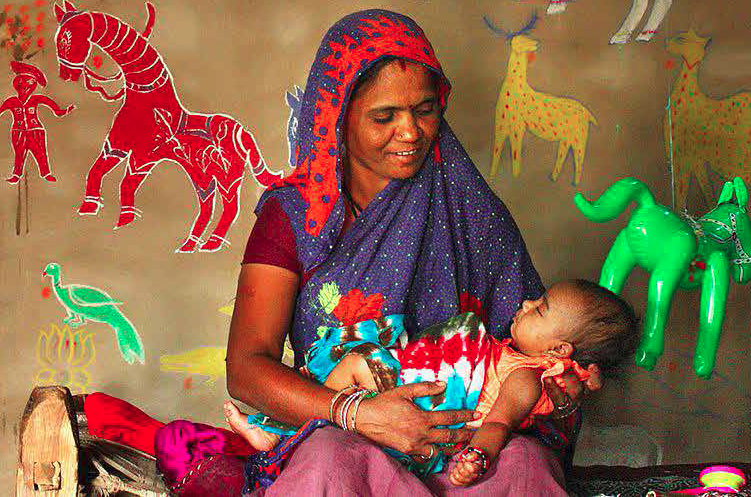
All of these. While handwashing isn’t the only solution to problems like these, it’s a simple, effective pathway to multiple health and non-health benefits
What percent of diarrheal diseases can be prevented if people consistently wash their hands with soap at various key moments?
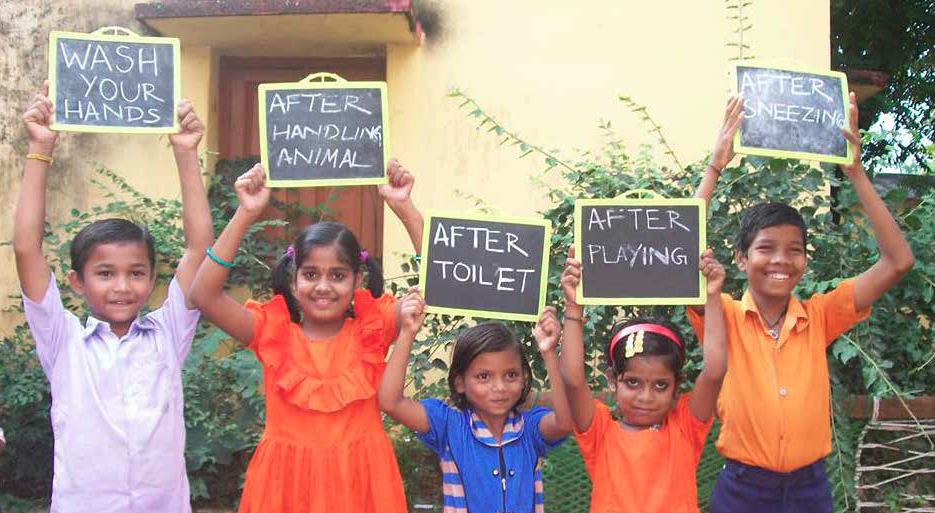 Anupam Subhadarshan, Catalysts for Social Action
Anupam Subhadarshan, Catalysts for Social Action
Up to 48% of diarrheal diseases could be prevented if people consistently wash both hands with soap at various key moments. This is why handwashing with soap should become a habit! Learn more here.
What percent of people worldwide wash their hands with soap after contact with feces?
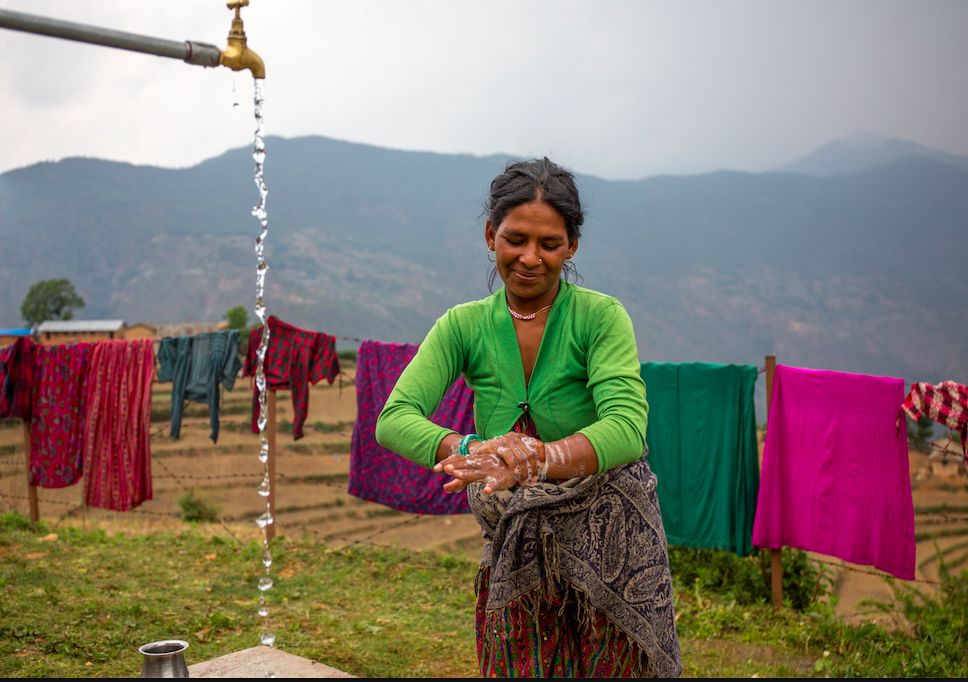 WaterAid / Mani Karmacharya
WaterAid / Mani Karmacharya
Research estimates that though many people are aware about the importance of handwashing, only 19% of people wash their hands with soap after contact with excreta from using the toilet, cleaning a child's bottom, or other ways. Even in high income settings, less than 50% were found to wash their hands with soap. This means that most people in the world are missing out on the benefits of handwashing with soap! Learn more here.
Handwashing with soap is an effective way to prevent many cases of diarrheal diseases. About how many school days are missed each year from diarrhea?
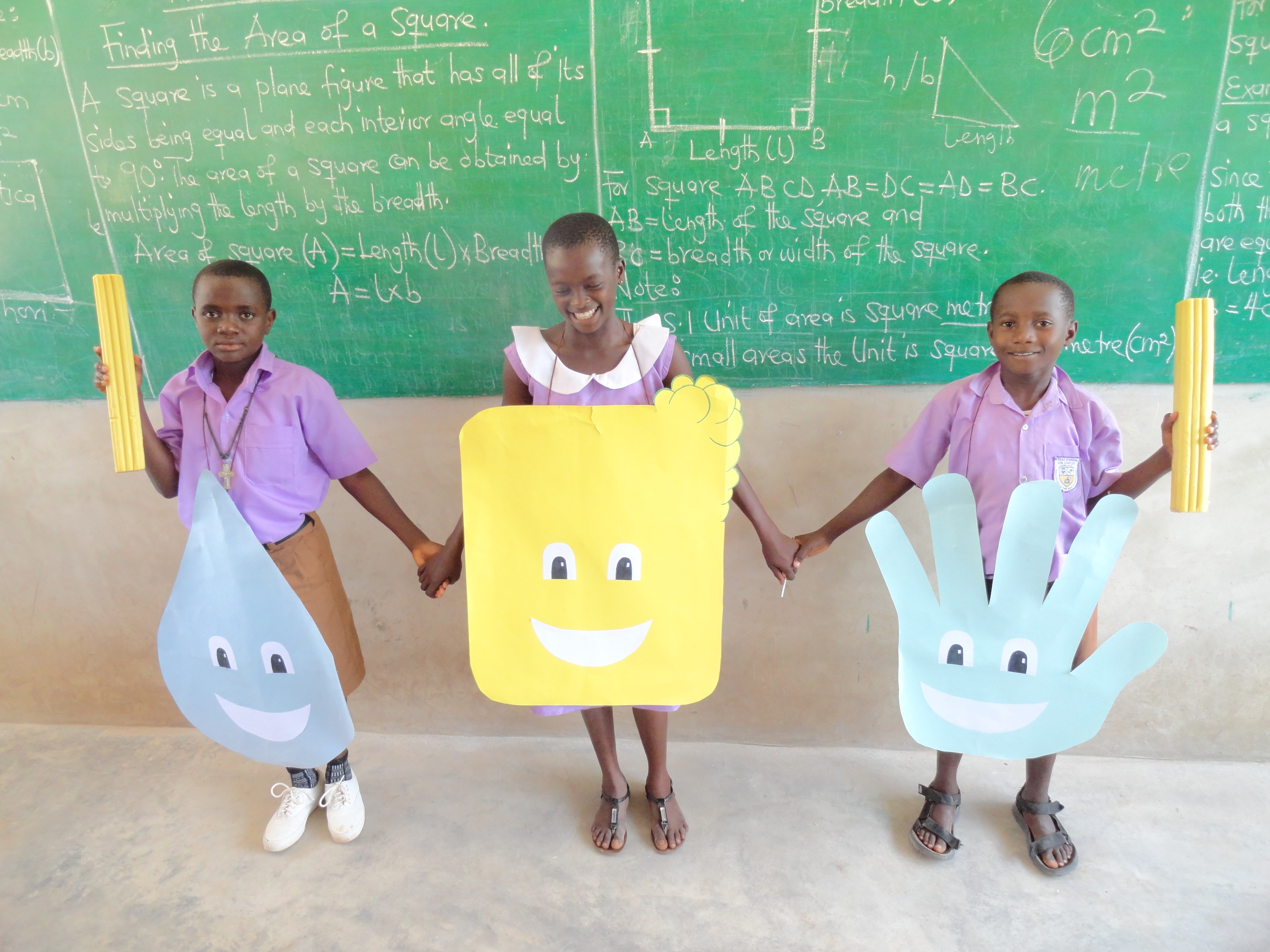 GHEI
GHEI
Around 272 million school days are missed each year due to diarrhea. That’s the equivalent of more than 1.5 million school years! Learn more here.
Without running water and a sink, people can’t wash their hands.
 HDP Pakistan
HDP Pakistan
False! In fact, running water isn’t necessarily required for handwashing. Any handwashing stations, or simple taps made from a bottle and string (called tippy taps), can be used in the absence of running water. All that’s needed for handwashing is clean water and soap.
To make sure more people wash their hands when they need to, all we need to do is teach or tell everyone the benefits of handwashing.
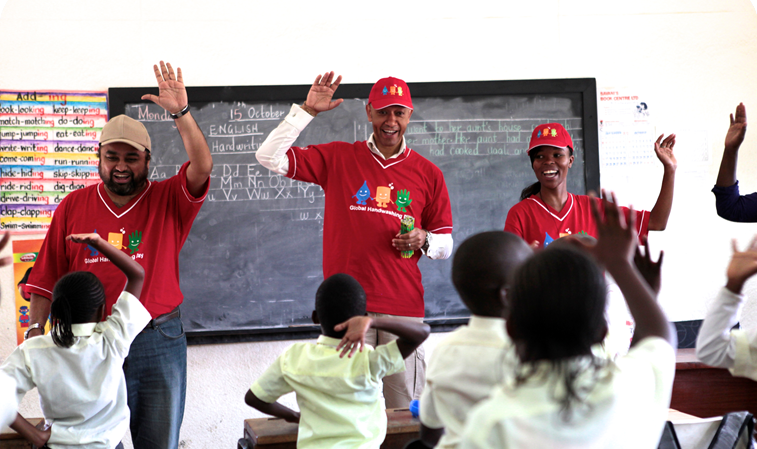 Lifebuoy / Unilever
Lifebuoy / Unilever
This is false, but it’s a common assumption. There are number of reasons why people don’t wash their hands – they may be busy or tired, not motivated to do so, not have access to a handwashing facility (access to water and soap), or not know the benefits. Engaging and participatory activities linked with emotional motivators such as disgust, nurture, and a change in behavioral settings can encourage people to wash their hands consistently. Learn more here.
Foodborne illnesses are caused through the contamination of food and are often a result of poor WASH behavior and practices. Up to what percent of diarrhea cases are associated with poor food hygiene?
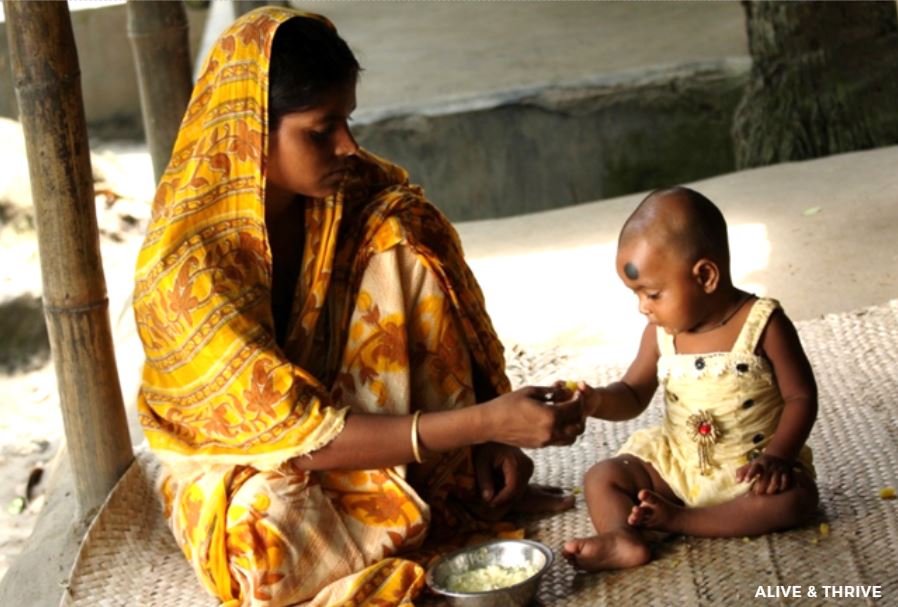 Alive & Thrive
Alive & Thrive
Research estimates up to 70% of diarrhea cases are associated with poor food hygiene. This is why handwashing with soap before eating, preparing food, and feeding others is so important! Learn more here
Which of these are critical times for handwashing with soap?
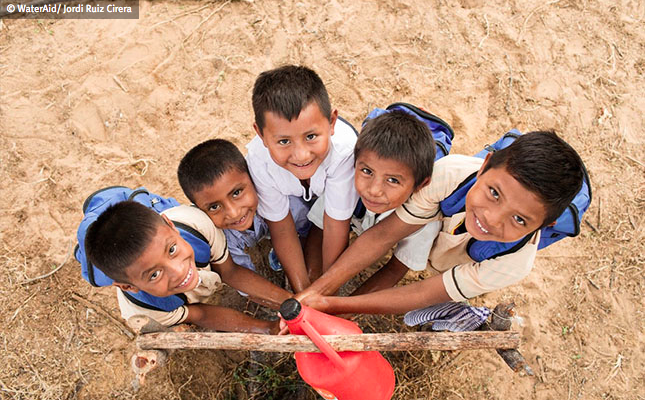 WaterAid
WaterAid
Handwashing with soap should be practiced before eating, preparing food, and feeding others (including breastfeeding). Other examples of important times include after using the toilet, touching animals, touching garbage, and after caring for a sick person or treating a wound.
Share your Results: